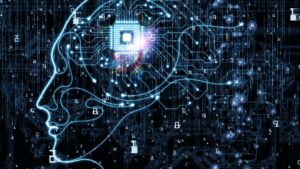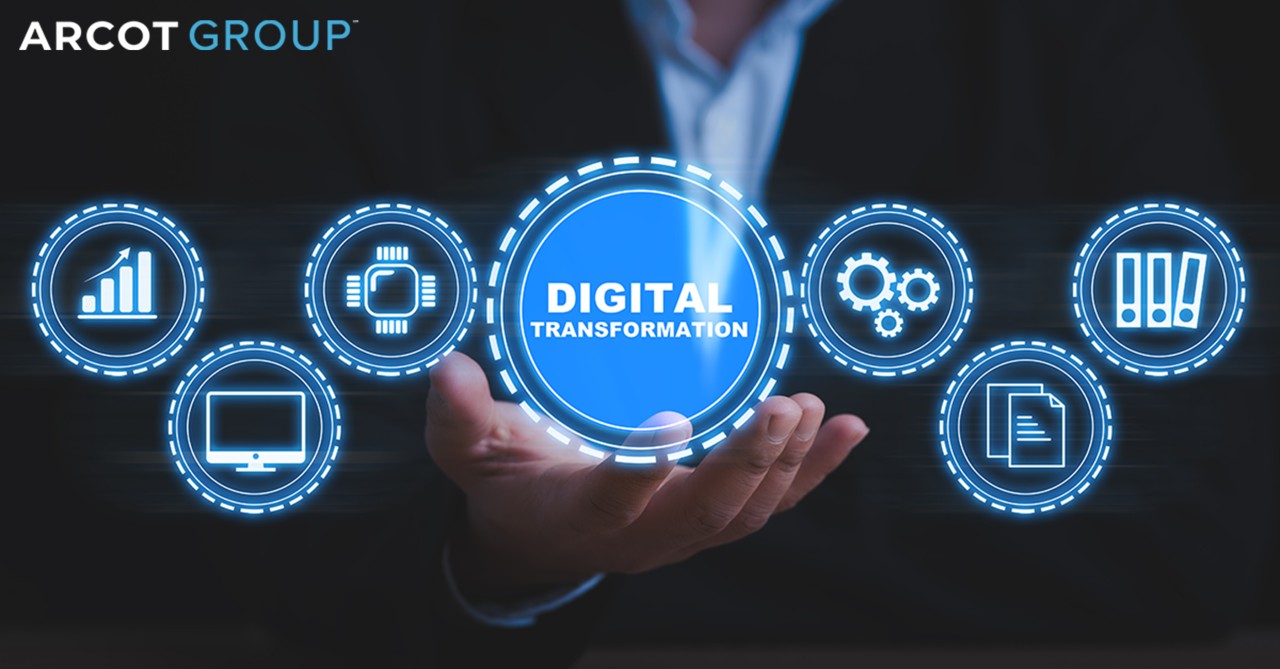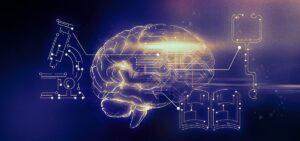Artificial Intelligence (AI) is already reshaping industries and daily life, but what does the future hold for this rapidly advancing technology? As AI evolves, it promises to drive unprecedented change across sectors such as healthcare, transportation, education, and even the arts. In this article, we’ll explore the potential developments, challenges, and opportunities that lie ahead for AI. Additionally, we will address some frequently asked questions about AI and its future.
The Current State of AI
Before delving into the future, it’s important to understand where AI stands today. At its core, AI refers to machines designed to mimic human cognitive functions such as learning, reasoning, problem-solving, and understanding natural language. In recent years, AI has made significant strides, largely due to advancements in machine learning, neural networks, and data availability. We now see AI-powered technologies in various aspects of our lives, from virtual assistants like Siri and Alexa to autonomous vehicles, recommendation systems on platforms like Netflix and YouTube, and even in healthcare, where AI assists in diagnostics and drug discovery.

However, we are still at the early stages of AI’s potential. The next few decades will witness AI’s capabilities evolve dramatically, with the technology becoming an even more integral part of our world.
What the Future Holds for AI
1. AI in Healthcare
AI’s future in healthcare is especially promising. As the ability to process vast amounts of data quickly improves, The Future of Artificial Intelligence AI will play a more pivotal role in diagnosis, personalized medicine, and treatment optimization. Imagine AI systems that can analyze a patient’s medical history, genetic data, and lifestyle choices to recommend the best treatment plans. Additionally, AI-powered robots may perform surgeries with more precision than human surgeons, reducing errors and recovery time.
Telemedicine and remote health monitoring could also become mainstream, with AI ensuring that patient data is continuously monitored and analyzed for anomalies in real-time. This could lead to early detection of diseases such as cancer or heart conditions, ultimately saving lives and lowering healthcare costs.
2. Autonomous Transportation
Self-driving cars, trucks, and drones are rapidly advancing. In the future, we can expect to see fully autonomous vehicles become a common sight on our roads and skies. This shift has the potential to revolutionize transportation by improving traffic efficiency, reducing accidents caused by human error, and lowering carbon emissions through more optimized driving patterns.
In addition to personal transportation, autonomous delivery systems will likely become ubiquitous, allowing goods to be shipped and delivered without human intervention. This could revolutionize e-commerce and logistics, making it faster and more efficient.
3. AI in Education
Education is another area where AI holds transformative potential. AI can personalize learning experiences by adapting to students’ individual needs, providing tailored lessons and exercises based on their pace and learning style. Virtual tutors and AI-assisted learning platforms will help students grasp complex concepts more effectively, enabling a more hands-on and engaging approach to education.
Moreover, AI can assist educators by automating administrative tasks, such as grading and scheduling, giving them more time to focus on teaching and mentoring students.
4. AI and the Workforce
AI’s impact on the workforce is a topic of much debate. While AI will certainly automate many jobs, especially those that involve repetitive or routine tasks, it will also create new opportunities. For instance, jobs in AI development, data science, and AI ethics will be in high demand. Additionally, AI can enhance human workers by taking over mundane tasks, allowing them to focus on creativity, strategy, and problem-solving—areas where human intelligence still outperforms machines.
Nevertheless, the transition to an AI-driven economy may require reskilling and upskilling programs to ensure that workers can adapt to the changing landscape. Governments and businesses will need to collaborate to create training programs that prepare workers for new roles in AI and technology.
5. Ethical and Societal Implications
As AI becomes more integrated into our lives, there are increasing concerns about its ethical implications. Issues related to bias, privacy, and accountability need to be addressed. For example, AI systems can perpetuate biases present in the data they are trained on, leading to unfair outcomes in areas like hiring, lending, or law enforcement. Ensuring that AI is transparent, explainable, and fair will be critical for its responsible development.
Additionally, AI’s potential to infringe on privacy—through surveillance systems or the collection of vast amounts of personal data—raises important questions about how much control individuals should have over their information.
6. AI and Creativity
AI is already being used to create art, music, and literature, and this trend is expected to grow in the future. AI systems can generate paintings, write poems, and compose music that rival human-created works. While some may argue that AI-created art lacks the emotional depth of human creativity, others believe that AI offers a new tool for human expression.
In the future, AI may collaborate with humans in more dynamic ways, where the machine and the artist work together to push the boundaries of creativity. AI might also be used to simulate the creative processes of historical figures, allowing us to explore the “what if” scenarios of art, science, and literature.
7. AI and General Intelligence
One of the most talked-about but still speculative areas of AI is the development of Artificial General Intelligence (AGI). AGI refers to a machine that can understand, learn, and apply knowledge in a manner comparable to a human being across a wide range of tasks. While AGI is not yet a reality, many researchers and experts believe that we could achieve AGI in the next few decades.
If AGI comes to fruition, it would mark a monumental leap in AI development. It could potentially outpace human intelligence and be capable of solving problems that are currently beyond our comprehension. However, this possibility also raises significant risks, including ethical concerns about control, power, and the impact on society as a whole.
Frequently Asked Questions (FAQs) about AI’s Future
Q1: Will AI replace all human jobs?
A1: While AI will automate some jobs, especially those involving repetitive tasks, it will also create new jobs that didn’t exist before. Human skills such as creativity, emotional intelligence, and complex problem-solving will remain essential. AI is more likely to augment human work than completely replace it.
Q2: Can AI be trusted to make important decisions?
A2: AI systems can make decisions based on data, but their reliability depends on the quality of the data they are trained on and how well they are programmed. AI is not infallible, and there are ethical and bias concerns that need to be addressed to ensure its trustworthy application.
Q3: What are the dangers of AI in the future?
A3: Some of the primary risks of AI include the potential for bias, privacy violations, and job displacement. Additionally, if AGI is developed, there are concerns about control, safety, and unintended consequences if it surpasses human intelligence.
Q4: How can AI help combat climate change?
A4: AI can optimize energy consumption, improve renewable energy technologies, and enhance environmental monitoring systems. For example, AI can optimize power grids, improve battery storage, and predict natural disasters, helping communities prepare for climate-related events.
Q5: When will we see AI-powered autonomous vehicles on the road?
A5: AI-powered autonomous vehicles are already in testing phases and some are in limited operation in certain cities. However, widespread adoption will take time, likely in the next 5-10 years, as regulatory, safety, and infrastructure challenges are addressed.
Conclusion
The future of AI holds immense promise and presents significant challenges. From revolutionizing healthcare to reshaping the workforce and addressing societal issues, AI will continue to have a profound impact on our world. However, the path forward requires thoughtful consideration of ethical, societal, and technological issues. As we stand on the brink of this transformative era, it is crucial that we develop AI responsibly to ensure that its benefits are maximized while minimizing potential risks.



